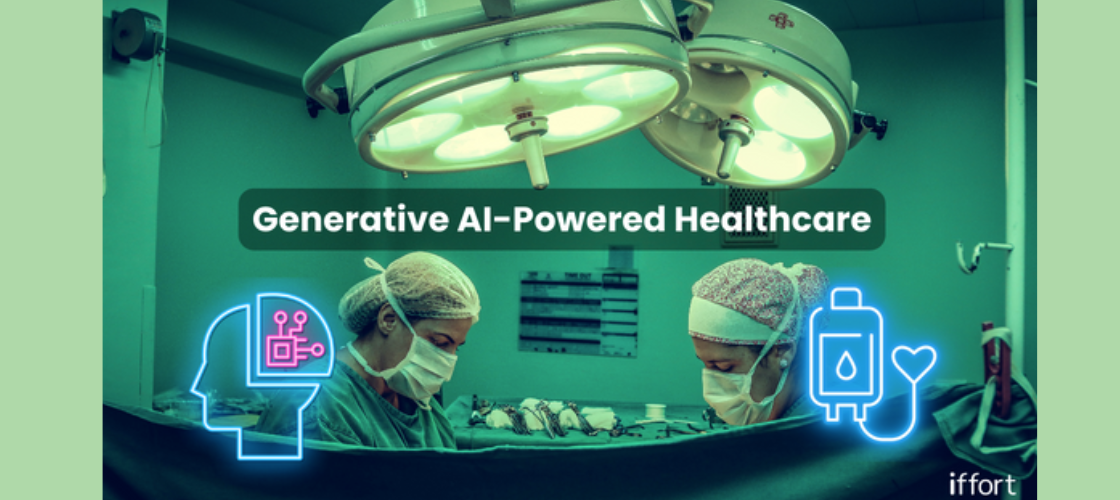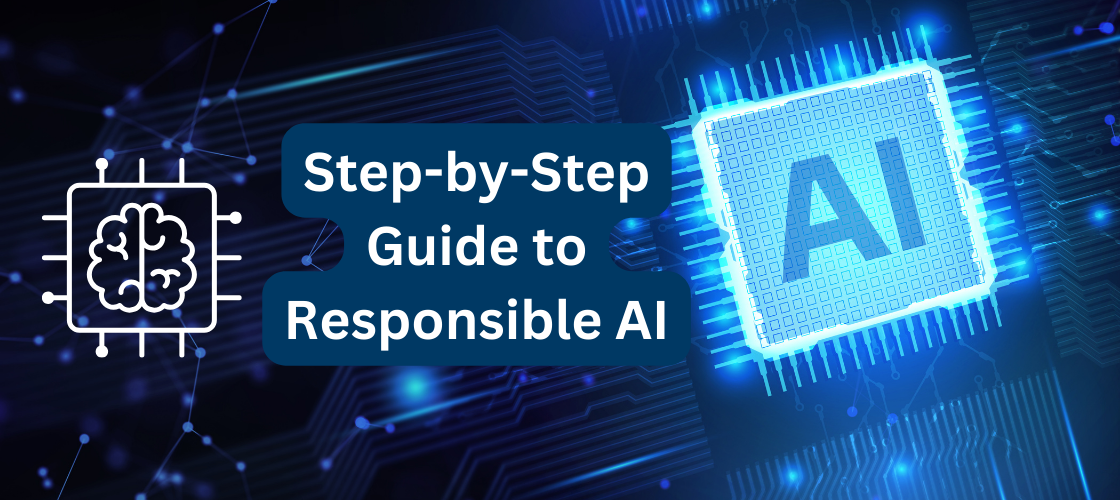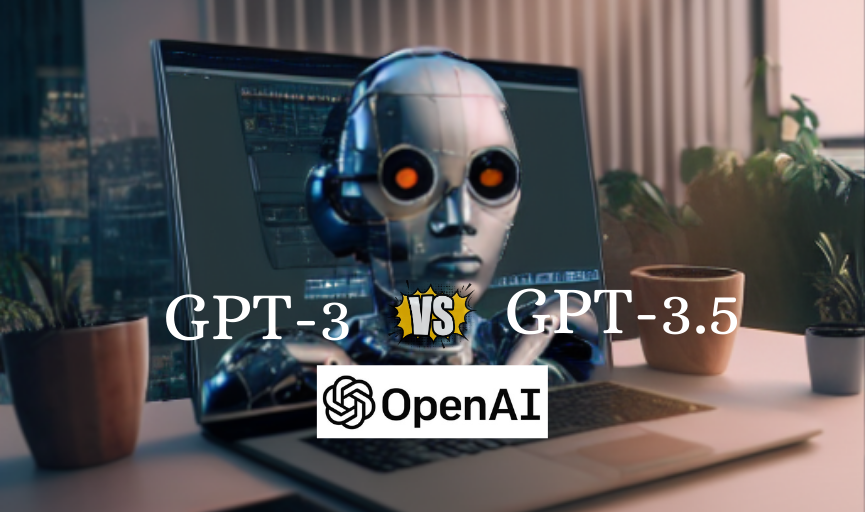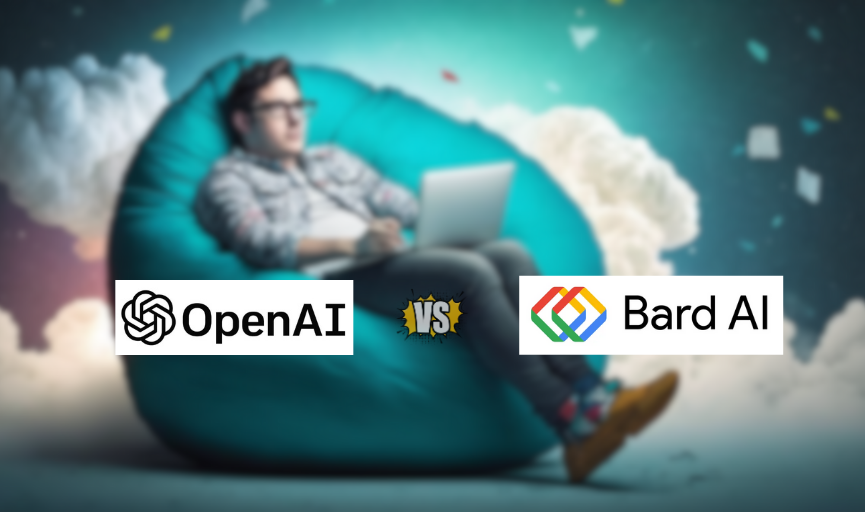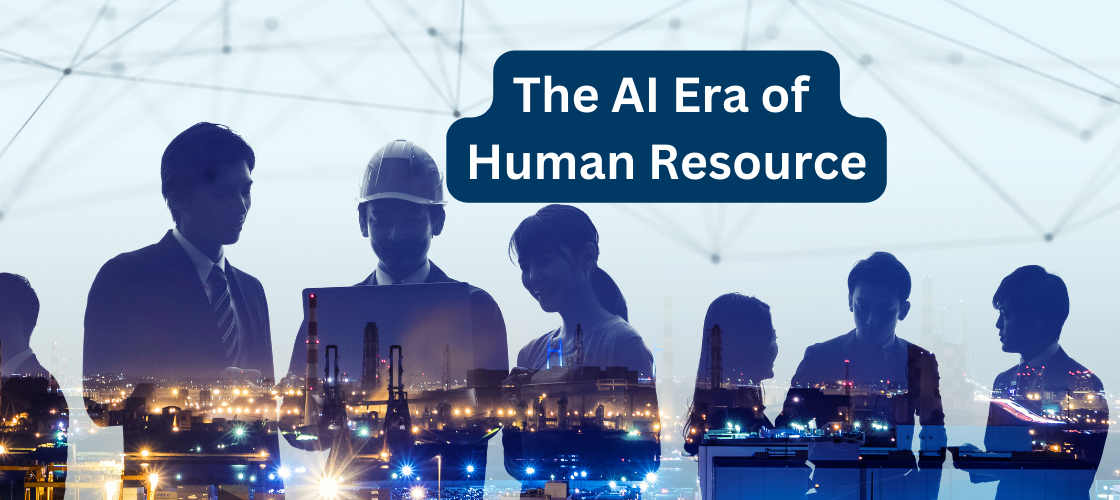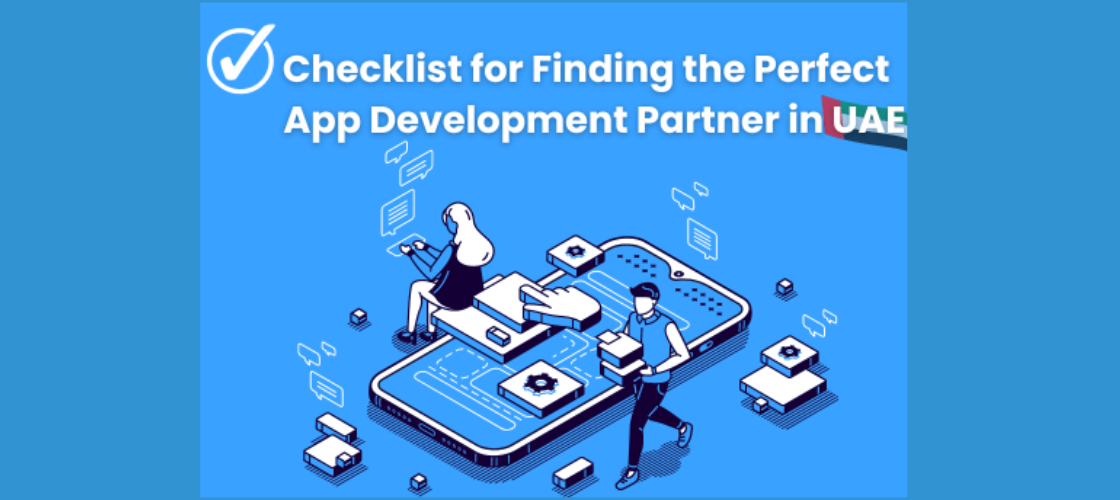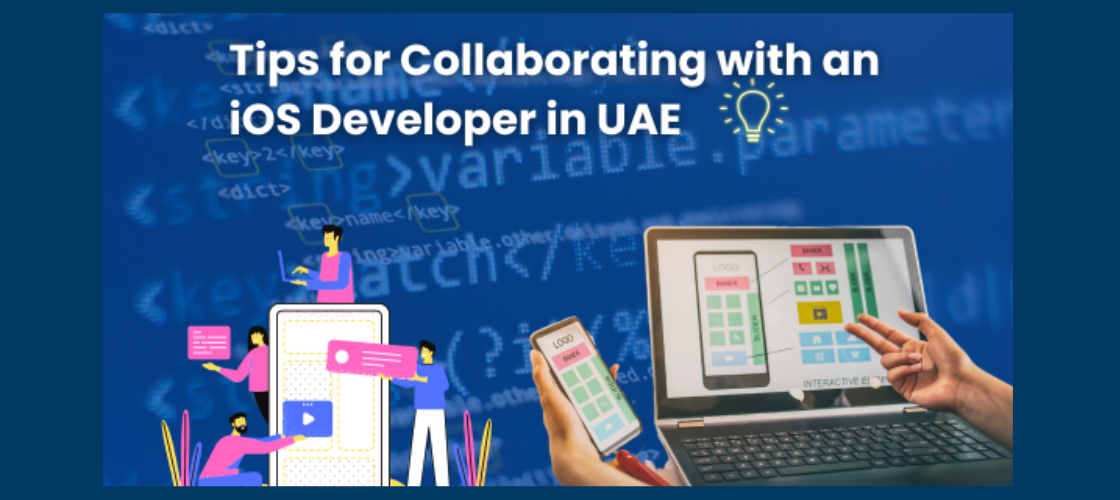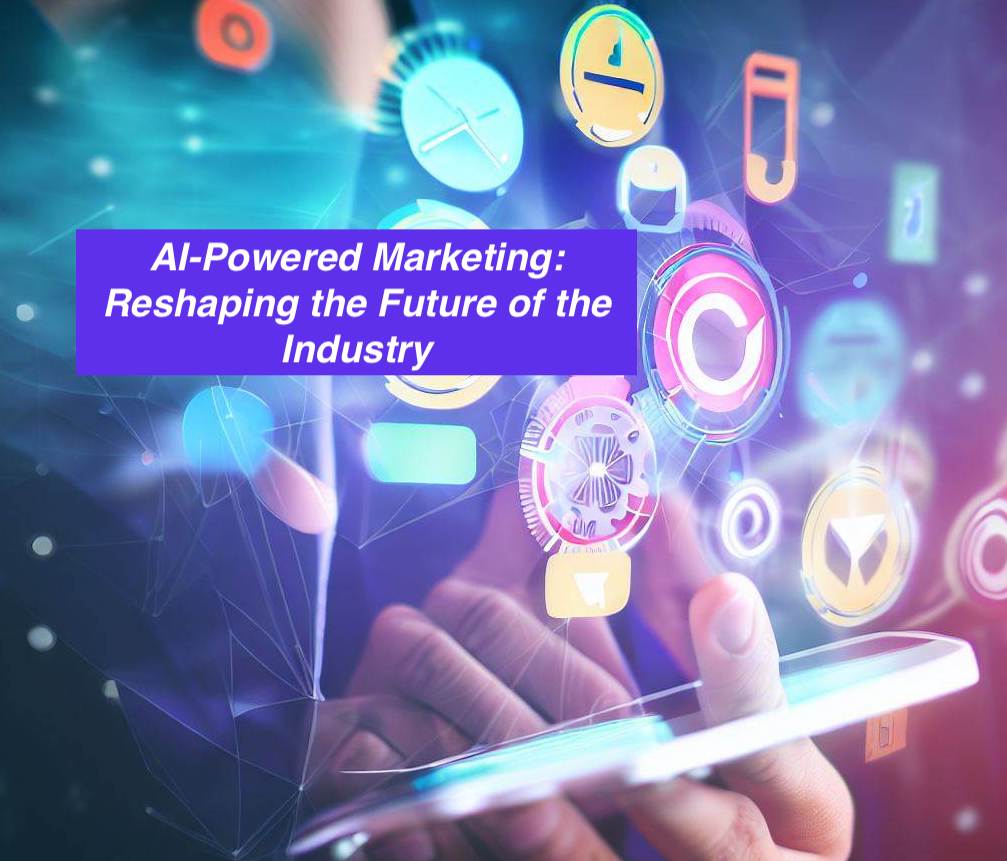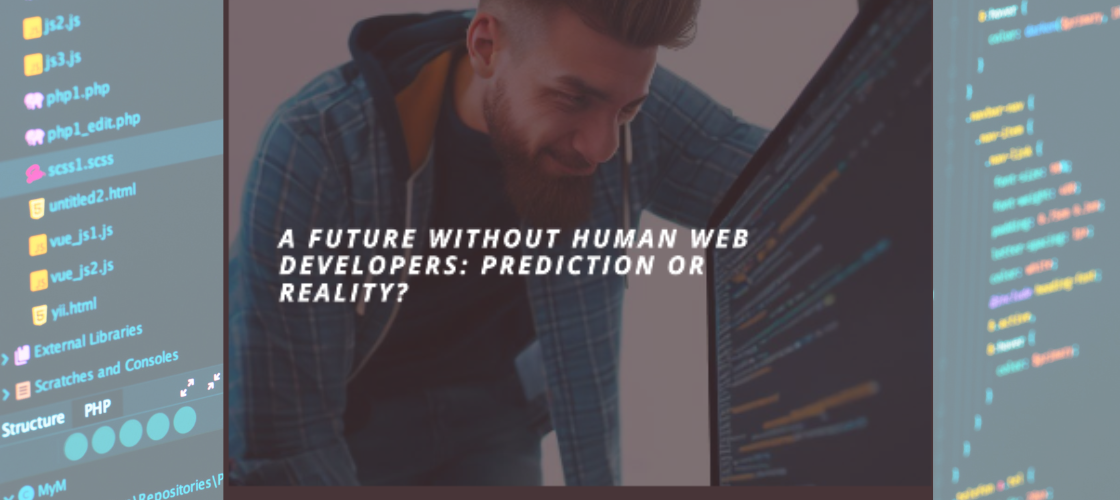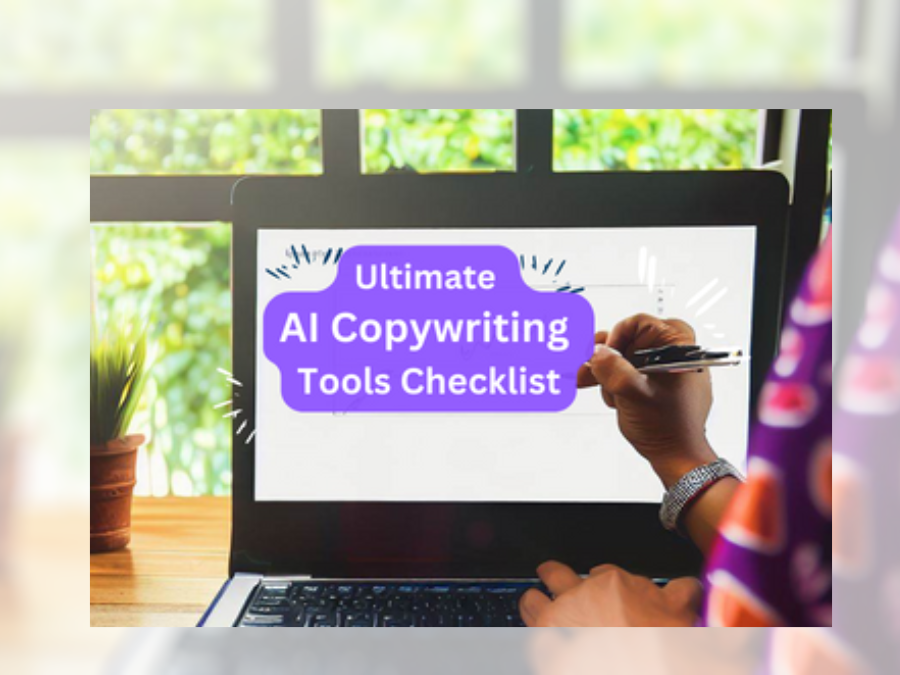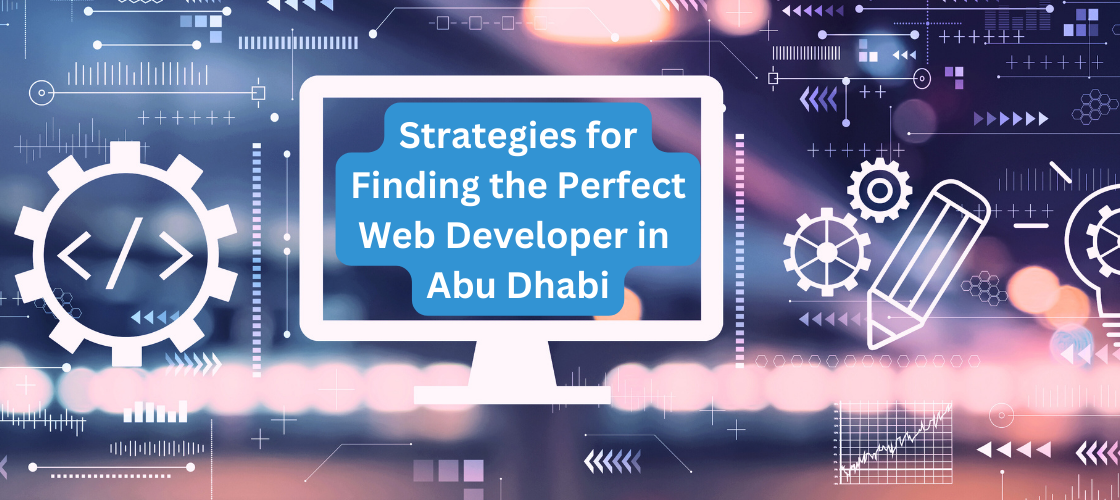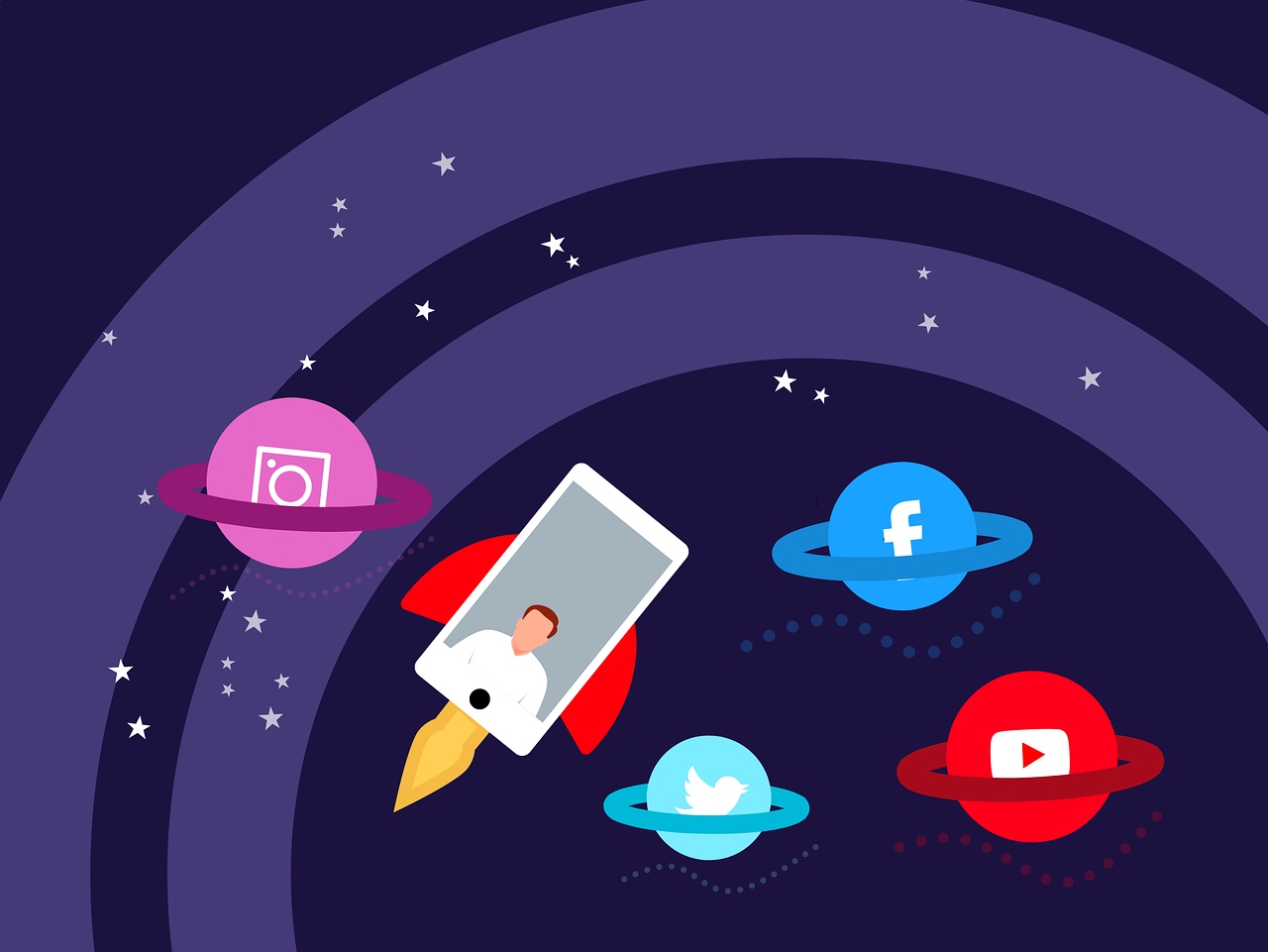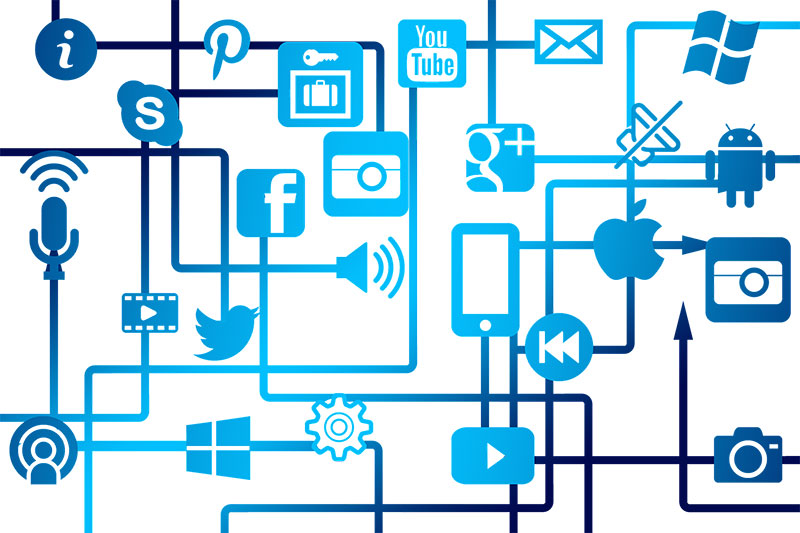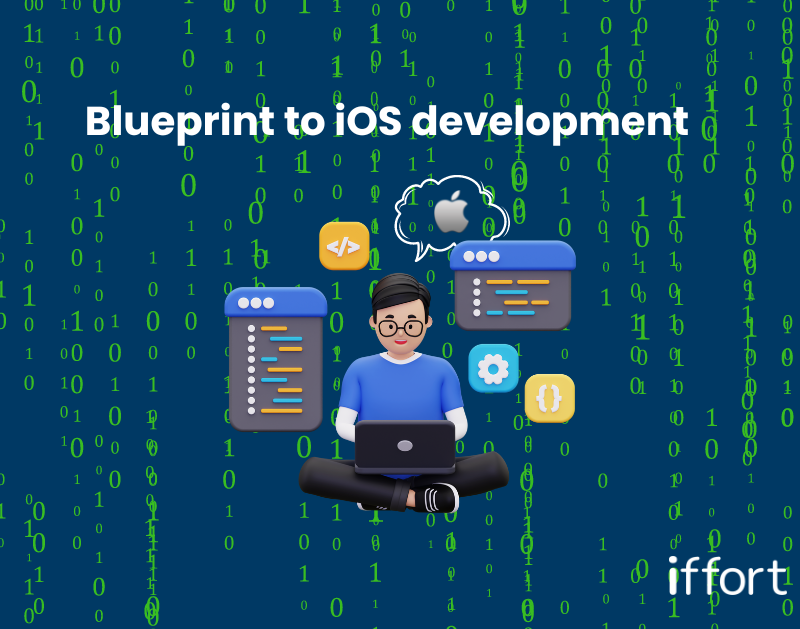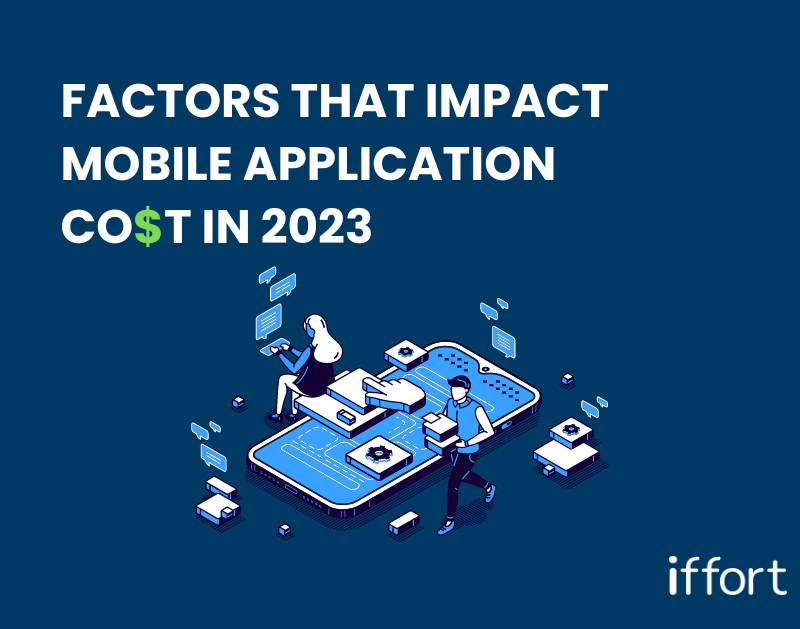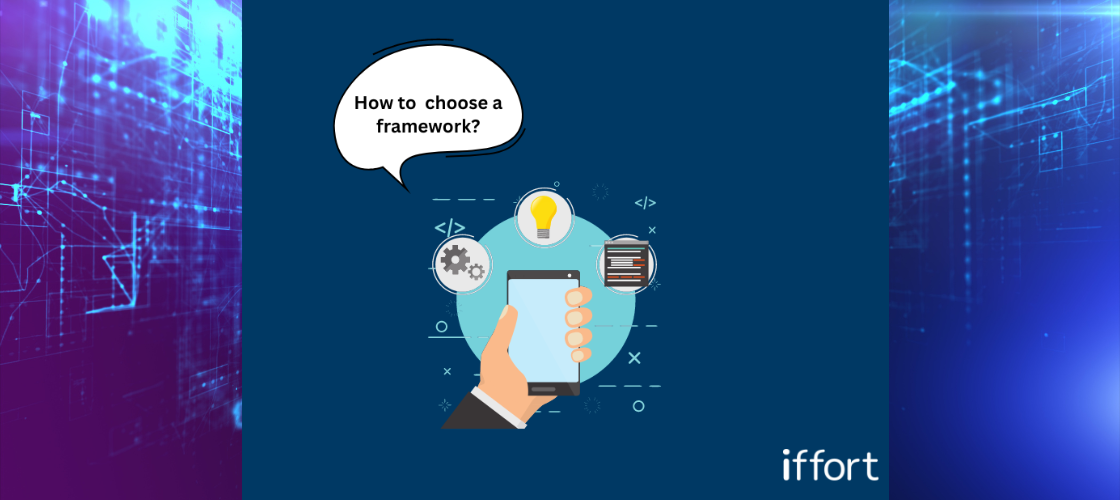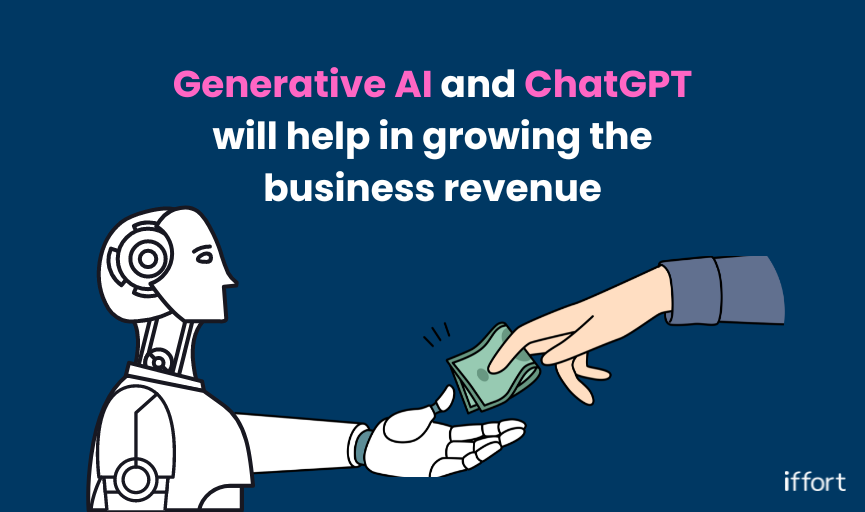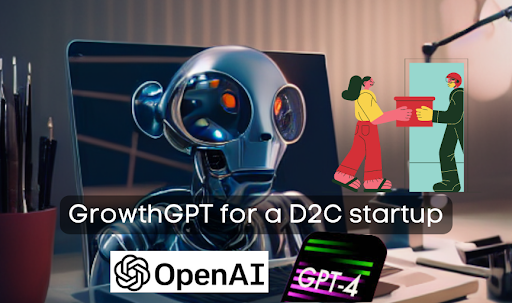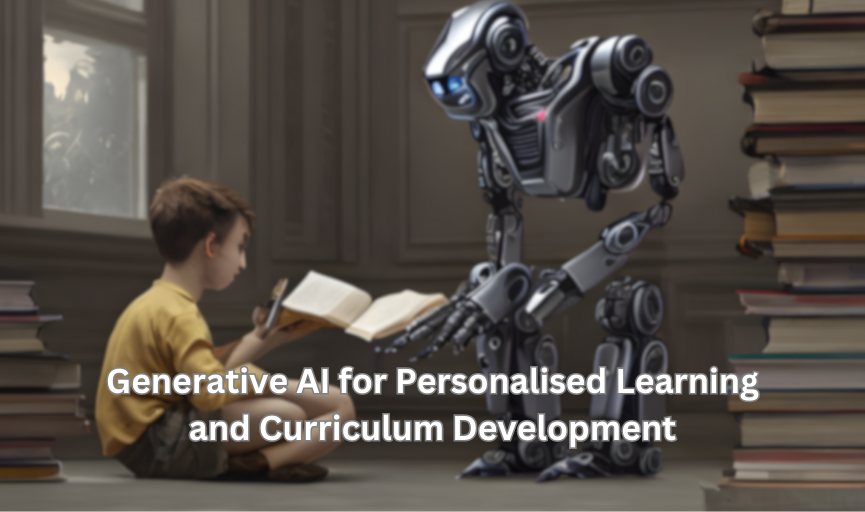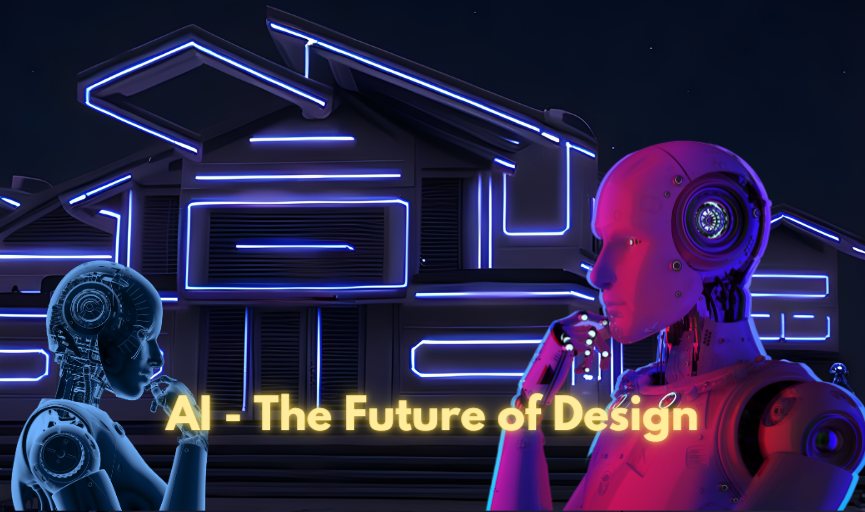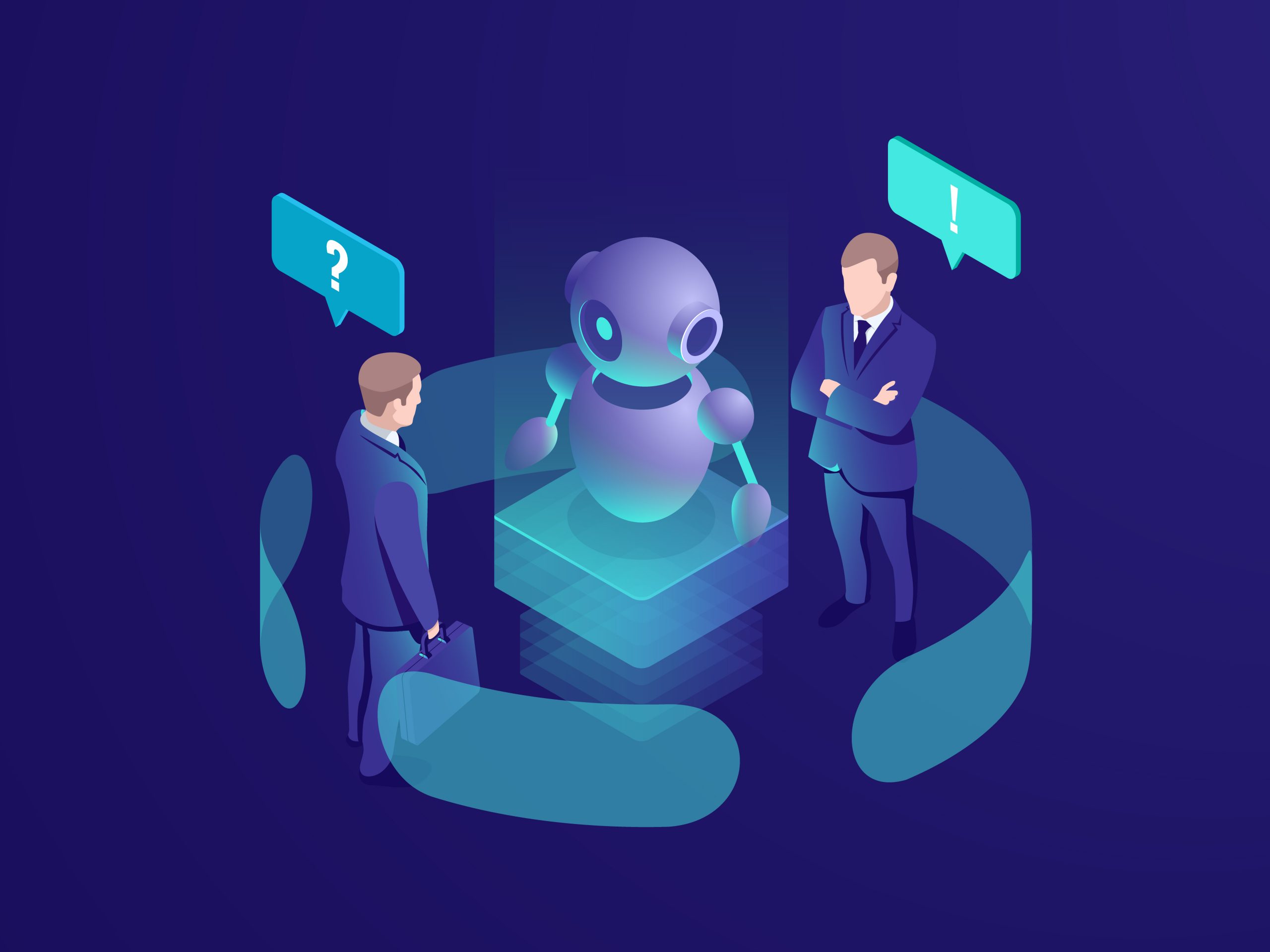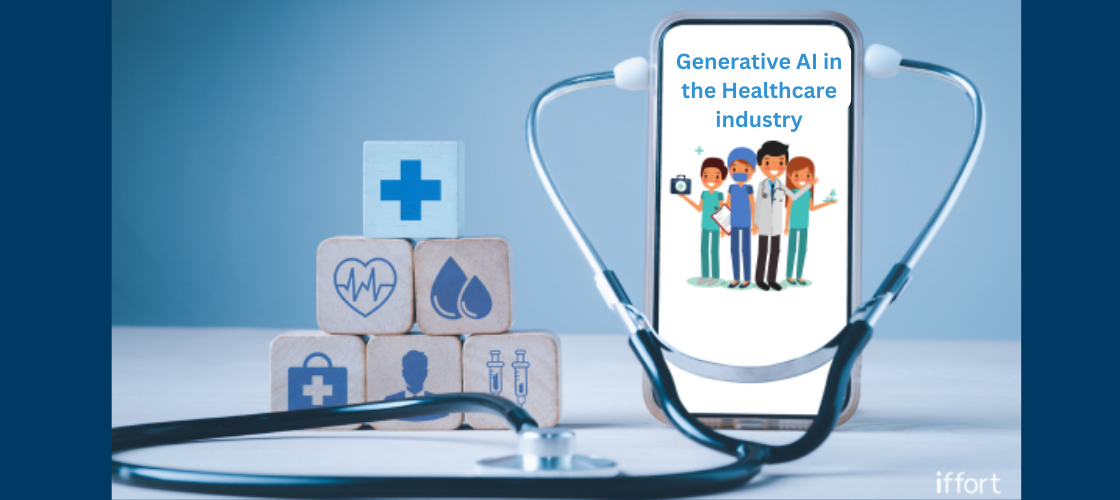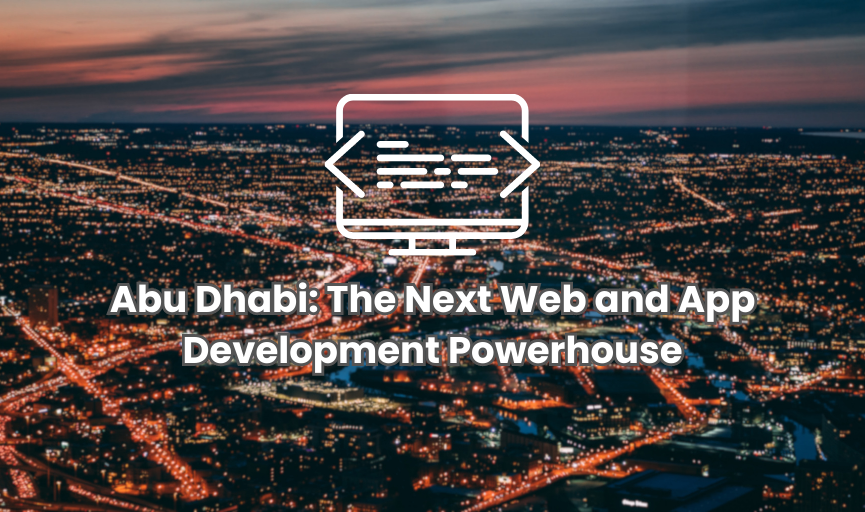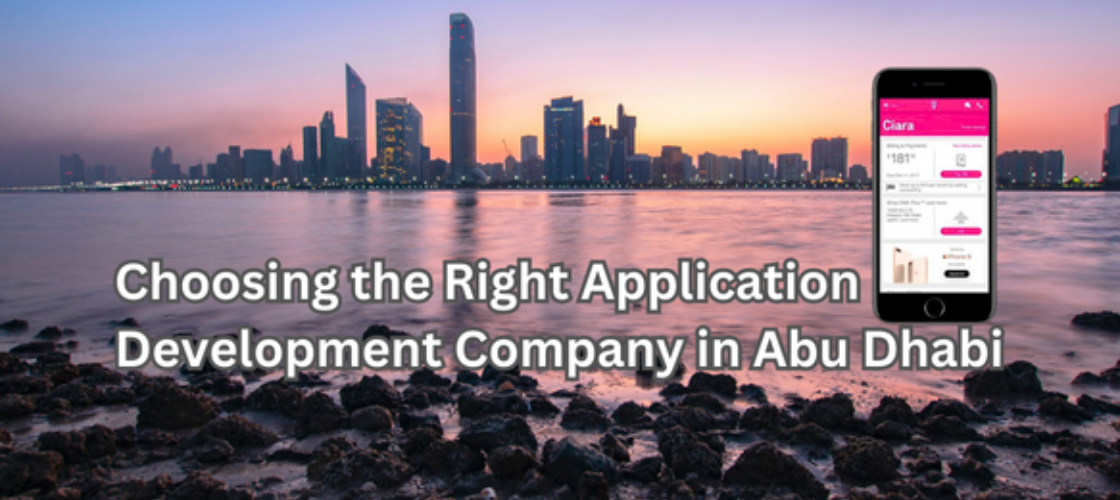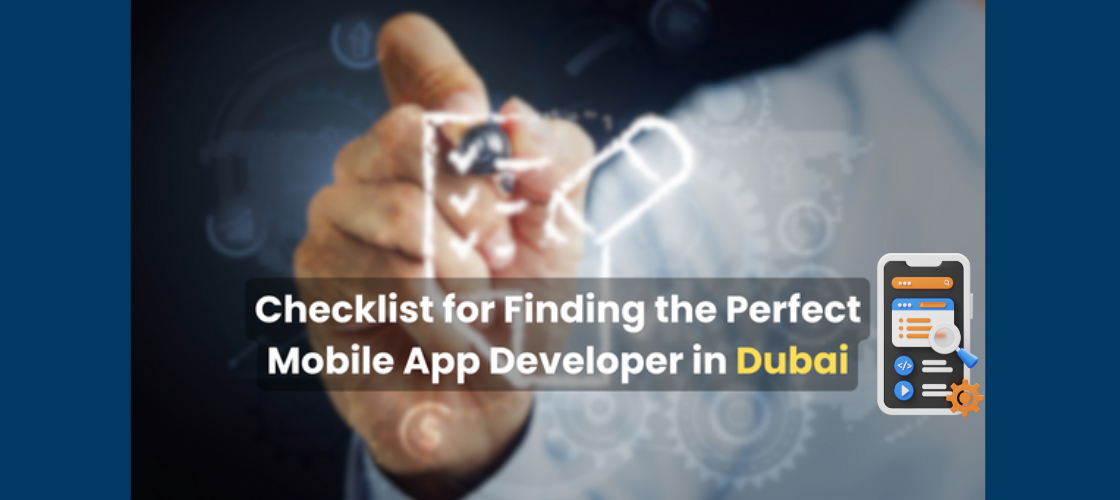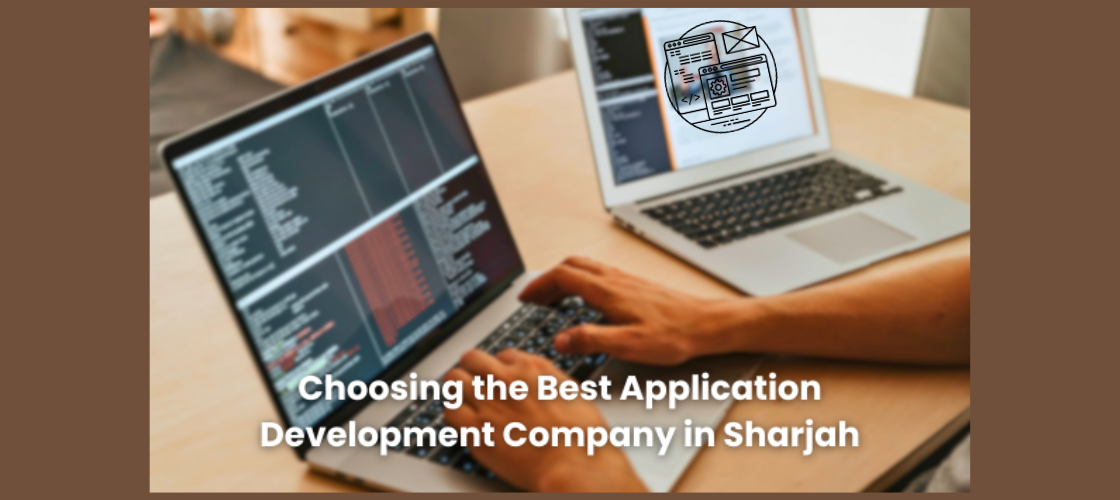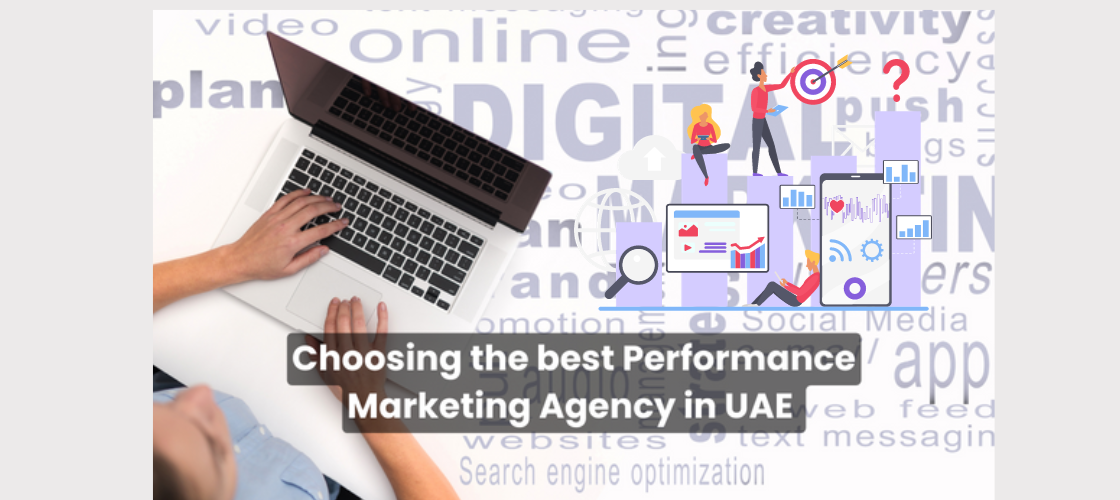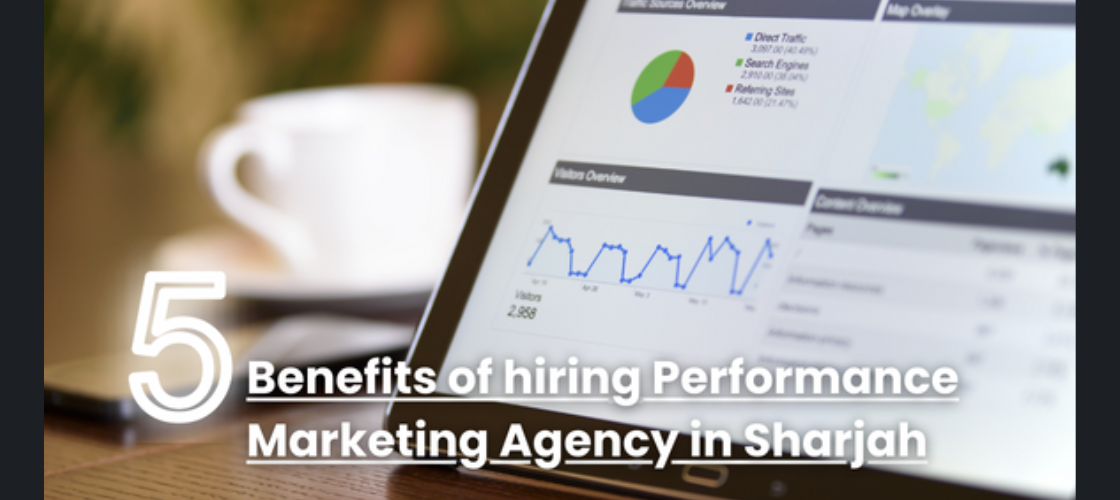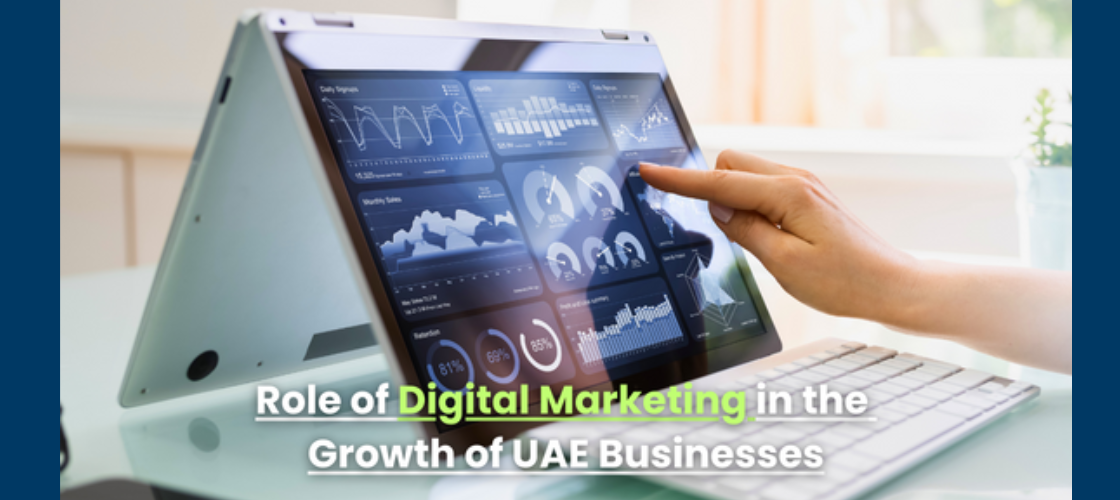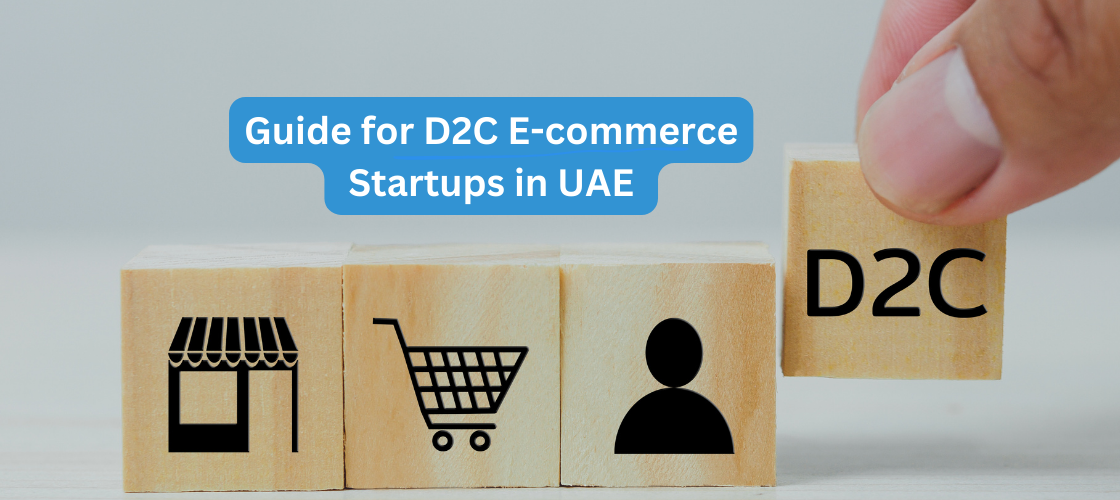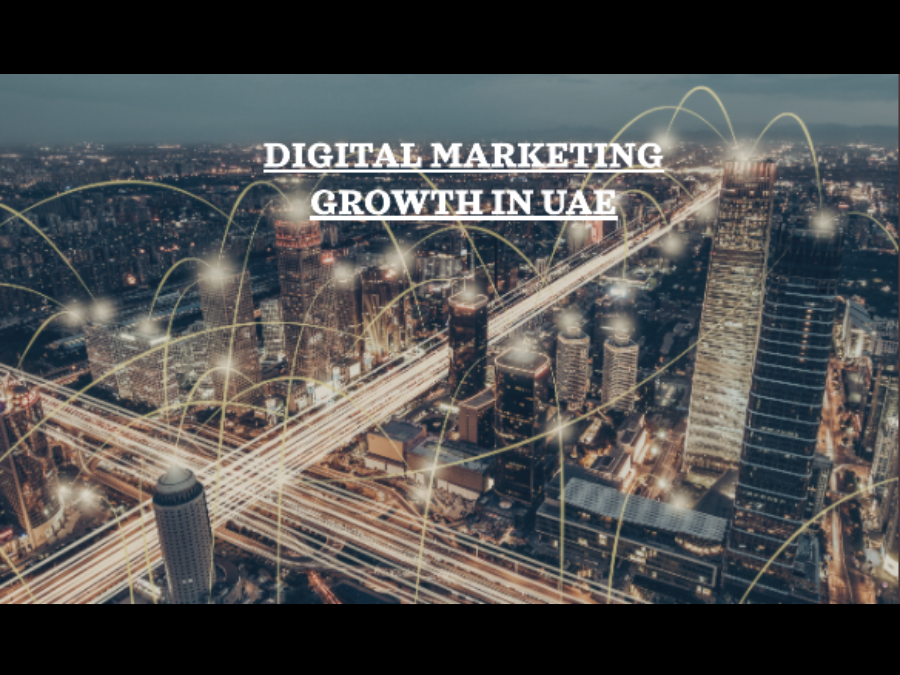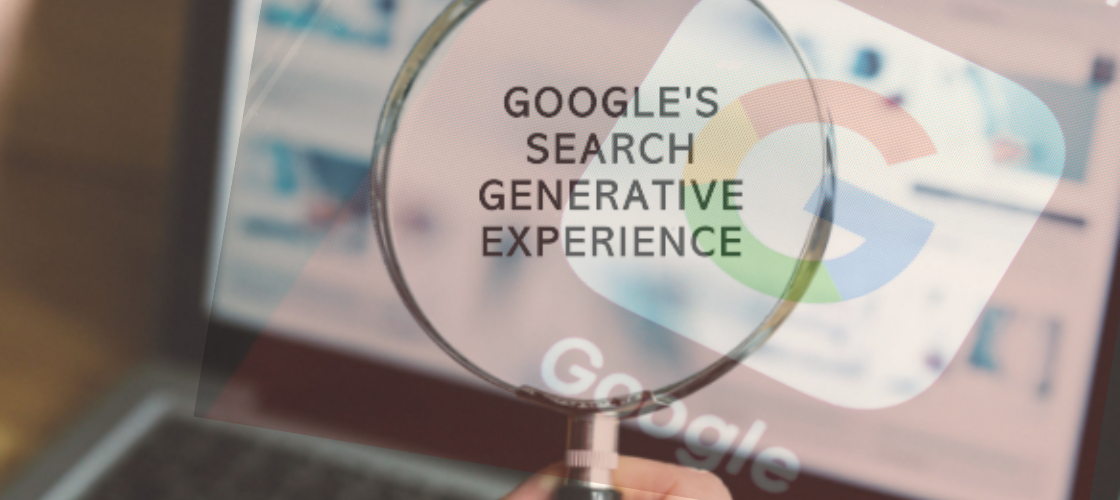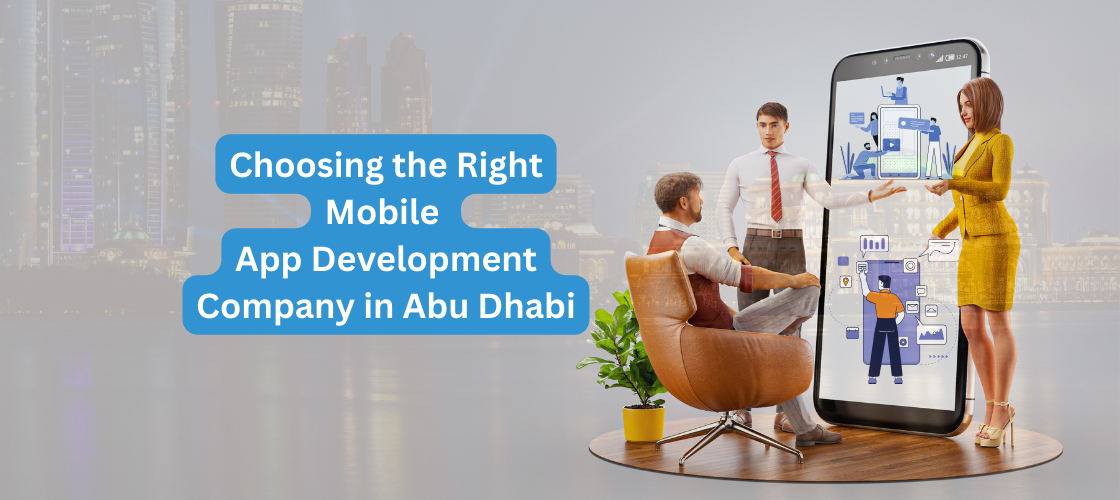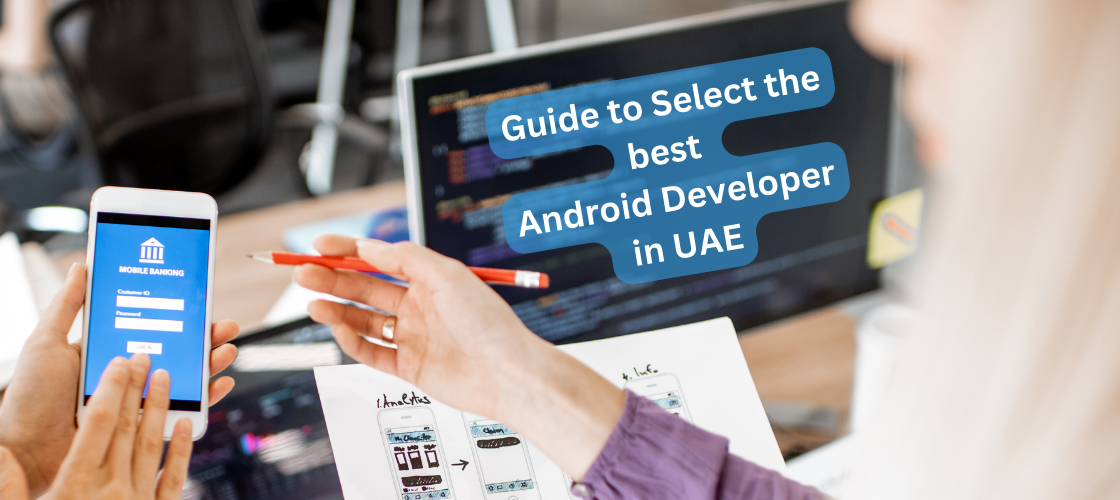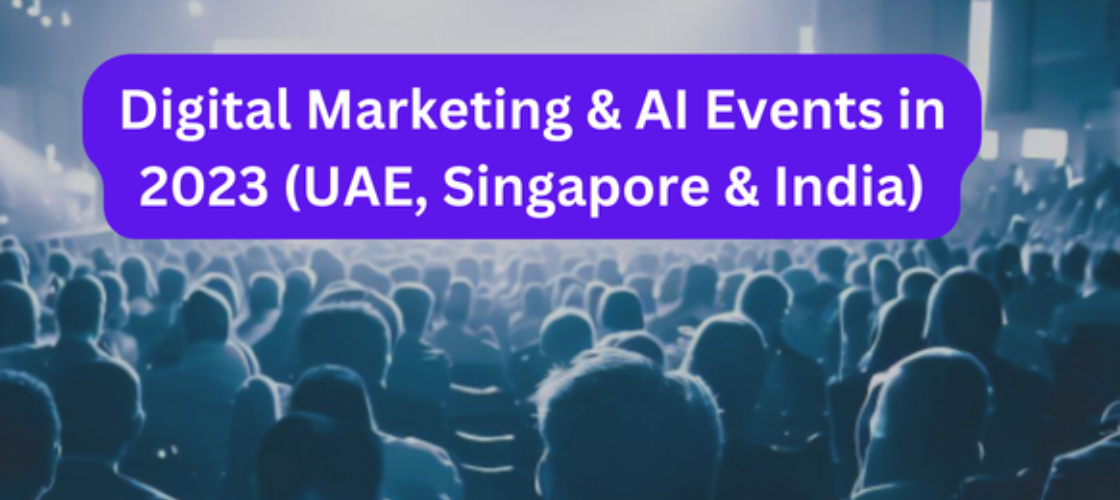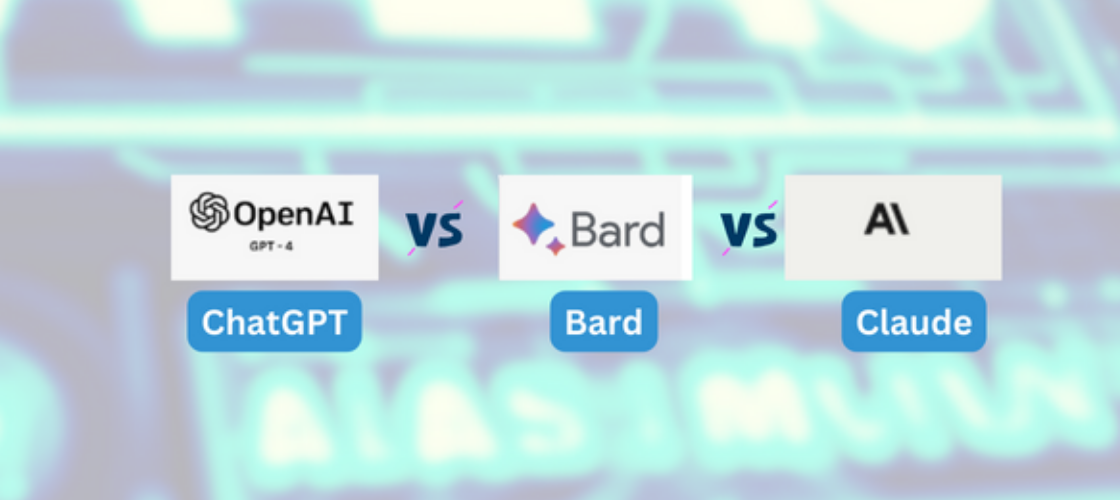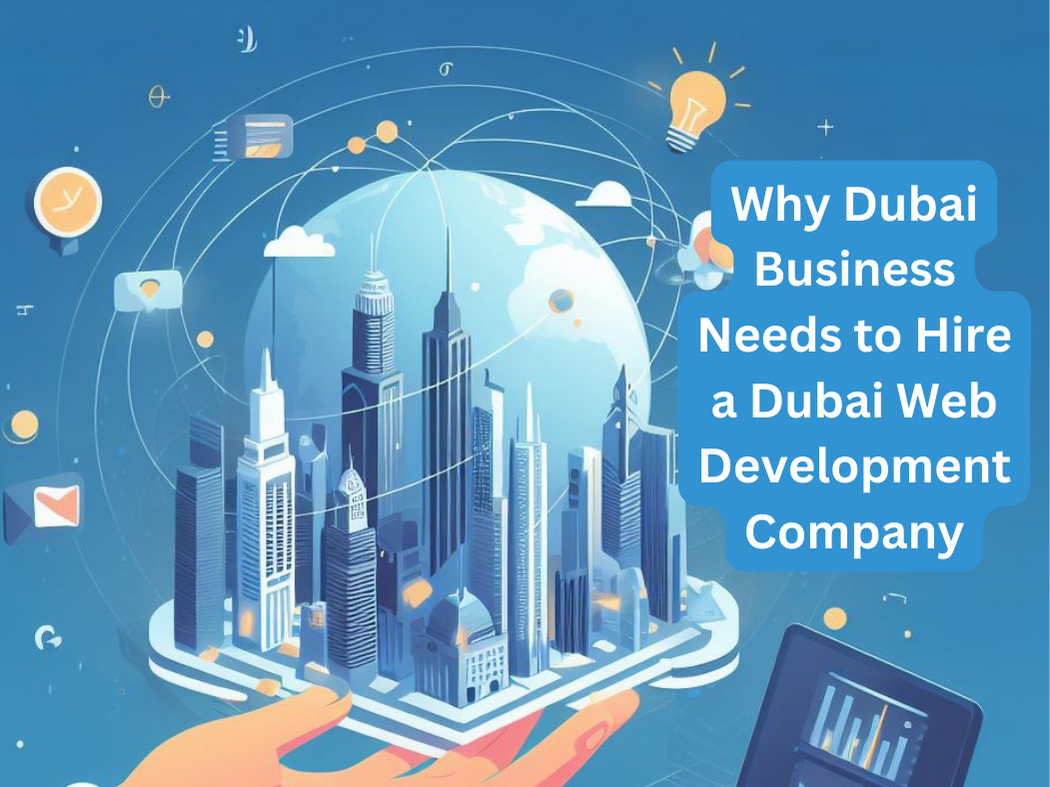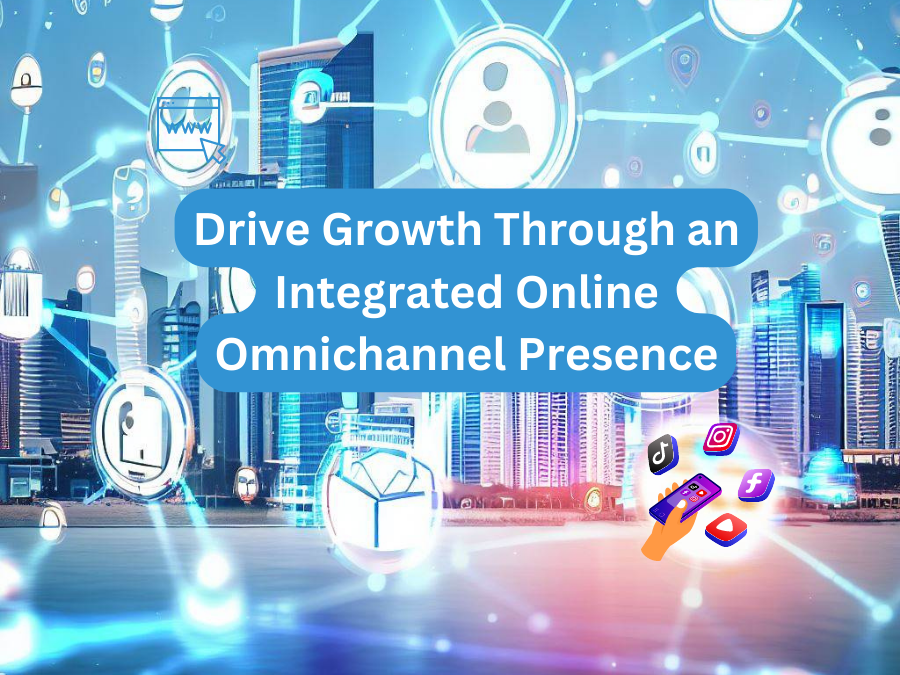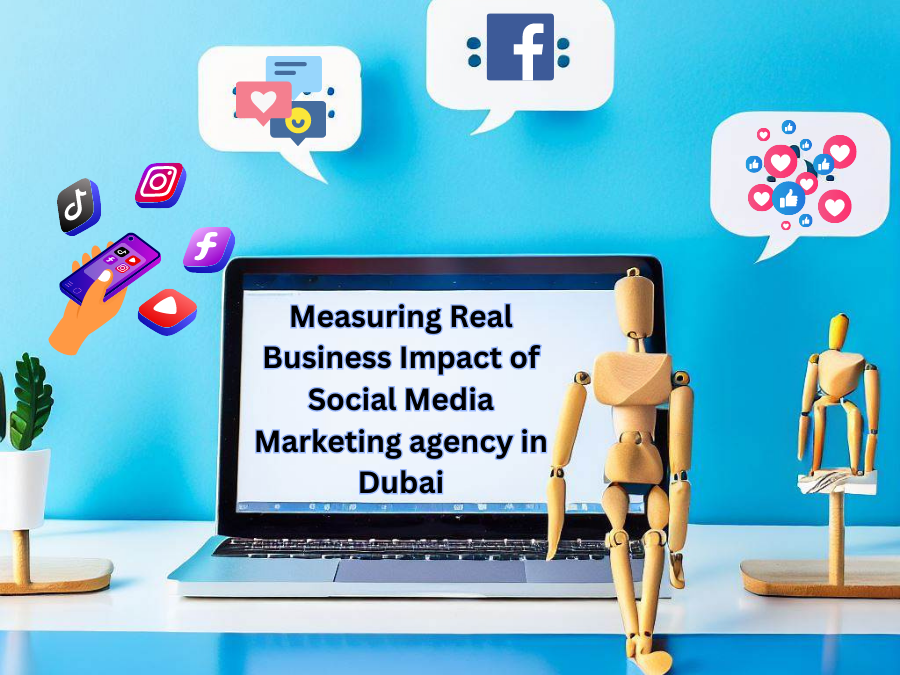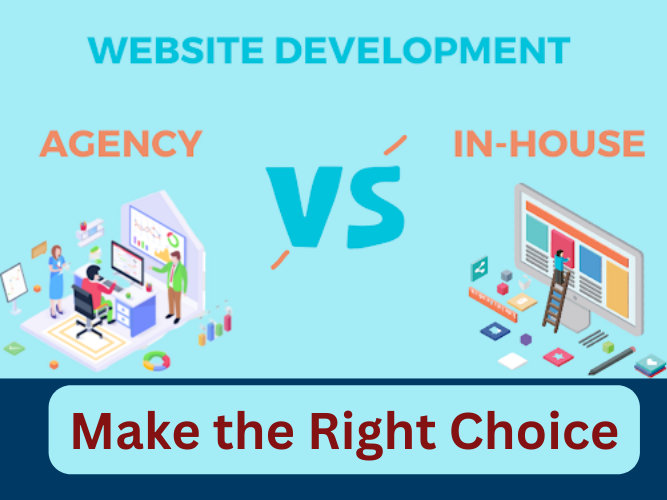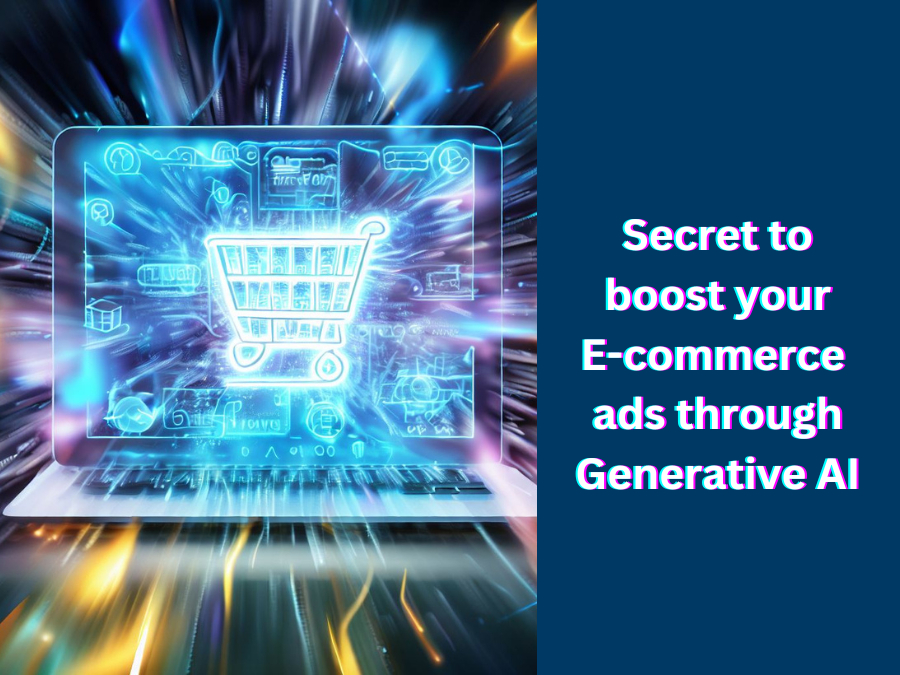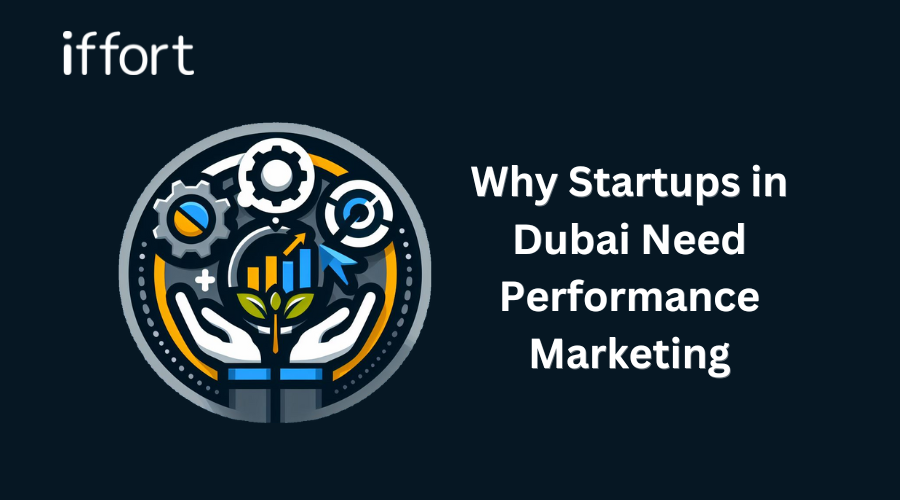The healthcare industry is on the verge of a major change powered by Generative Artificial Intelligence (AI). This shift could transform the way we approach medicine, making it more personal, efficient, and accessible. In this article, we will explore the impact of AI on medical diagnostics, treatment planning, and patient care. Additionally, we’ll delve into the details of Generative AI and examine its potential to revolutionise healthcare by combining technology and compassion.
The Impact of Generative AI on Medical Diagnostics
A paradigm shift is underway in the realm of medical diagnostics, propelled by the extraordinary capabilities of Generative AI. This innovative technology has the potential to revolutionise how we detect and diagnose diseases, enabling healthcare professionals to pinpoint medical conditions with remarkable speed and accuracy.
Imagine a world where diagnostic errors become a thing of the past, replaced by an intricate dance between human intuition and the finely tuned precision of AI-driven pattern recognition.
Harnessing the power of Generative AI, we can automate the analysis of medical images such as X-rays, MRIs, and CT scans, unveiling hidden patterns and correlations that might elude even the most skilled practitioners. The result is an unparalleled diagnostic acuity that minimises misdiagnoses and ensures patients receive the right treatment at the right time.
Personalising Treatment Plans with Generative AI
As we venture deeper into the realm of Generative AI’s impact on healthcare, we arrive at the doorstep of personalised treatment plans, a domain where the true potential of AI-driven innovation shines bright. In this brave new world, one-size-fits-all solutions are a relic of the past, replaced by bespoke treatment strategies meticulously tailored to each patient’s unique needs and medical history.
Generative AI empowers us to
- Predict treatment response, leading to more effective therapy selection
- Optimise therapy selection based on a patient’s unique genetic makeup and health history
- Improve patient outcomes through targeted interventions and proactive strategies.
By melding the vast troves of data at our disposal with the power of AI, we can create a sophisticated tapestry of insights that guides our decisions and enriches the therapeutic journey. This synergistic union of AI and precision medicine heralds a new dawn in patient care, where targeted interventions and proactive strategies reign supreme.
Advancing Drug Discovery through Generative AI
As we traverse the landscape of Generative AI’s influence on healthcare, we encounter yet another frontier: the realm of drug discovery. This arena is ripe for disruption, and the remarkable capabilities of Generative AI hold the key to unlocking a new era of innovation, where the development of life-saving medications is faster, more efficient, and cost-effective.
Generative AI enables us to:
- Generate novel drug molecules using cutting-edge deep learning techniques
- Accelerate the drug development process by rapidly identifying promising compounds
- Reduce costs and improve success rates by streamlining the drug discovery pipeline
In this brave new world, the laborious and time-consuming process of trial and error that has long plagued the pharmaceutical industry is transformed into a streamlined, data-driven endeavour. By harnessing the power of Generative AI, we can sift through vast repositories of molecular data, identifying novel therapeutic candidates with unprecedented speed and precision.
This radical departure from traditional drug discovery methods marks a turning point in the battle against disease, equipping us with the tools to create targeted, effective treatments with greater efficiency than ever before.
Also Read: Use of AI in healthcare industries
Robotic Surgery and Surgical Navigation with Generative AI
As we delve further into the myriad ways Generative AI is transforming healthcare, we come face-to-face with the fascinating intersection of robotics and surgery. In this captivating space, the unparalleled precision and adaptability of AI merge seamlessly with the finesse and expertise of skilled surgeons, yielding a new breed of surgical interventions that challenge the status quo and redefine the boundaries of possibility.
Generative AI’s contributions to robotic surgery and surgical navigation include:
- Enhancing robot-assisted surgery through seamless integration of AI-driven algorithms.
- Planning surgery before it happens and help navigate during the procedure.
- Improving surgical outcomes by reducing complications and increasing accuracy.
In this groundbreaking realm, the traditional limitations of human dexterity and intuition are transcended, ushering in an era of unparalleled surgical precision and efficiency. Key benefits of this fusion include:
- Greater precision in surgical procedures
- Reduced risk of complications and errors
- Faster patient recovery times
It goes without saying that the effectiveness of generative AI in improving patient recovery time depends on the specific medical procedure and the implementation of the technology by healthcare professionals.
Generative AI led Healthcare startups
In the following paragraphs, we delve deeper into the remarkable contributions of three exceptional companies that are leveraging the power of generative AI to drive meaningful change and create a positive lasting impact on the healthcare industry.
- Insilico Medicine, a trailblazer in AI-driven drug discovery, is leveraging Generative AI to revolutionise the pharmaceutical landscape. Their pioneering platform, known as the Pharma.AI, utilises deep learning techniques to rapidly design and synthesise novel molecules with therapeutic potential. This innovation not only streamlines the drug development process but also dramatically reduces the time and cost associated with bringing new treatments to market. Insilico Medicine’s groundbreaking work has the potential to expedite the development of life-saving medications for a wide range of diseases, ultimately improving patient outcomes and transforming global healthcare.
- Abridge, an innovative company focused on enhancing patient-doctor communication, utilises Generative AI to transcribe and summarise medical conversations in real time. This groundbreaking platform not only enables patients to understand their care better but also empowers them to make more informed decisions about their health and further treatments. Abridge’s AI-driven solution is particularly valuable in addressing the challenge of low health literacy, which can lead to poor patient outcomes and increased healthcare costs. By providing patients with clear, concise, and actionable insights, Abridge is fostering a more informed and engaged patient population, ultimately contributing to improved health outcomes and a more efficient healthcare system.
Additional Read: Epica Awards Tests AI’s Ability To Replace Jurors with AIJE
Challenges with Implementing Generative AI in Healthcare
The healthcare industry is constantly evolving, and generative artificial intelligence (AI) could be a game-changer in the coming times. However, some several challenges and considerations need to be addressed before implementing generative AI in healthcare:
- Ethical considerations and potential biases: It is important to ensure that AI algorithms are not biased.
- Data privacy and security issues: Healthcare data is sensitive and needs to be protected from unauthorised access.
- Safe and responsible deployment: Ensuring the safe and responsible deployment of generative AI in healthcare settings is crucial.
Generative AI has the ability to automate administrative work, which can save time and money. It can also help people stay healthy via continuous monitoring and coaching and ensure earlier diagnosis, tailored treatment, and disease management. The rise of AI-powered tools in healthcare technology is expected to result in fewer hospitalisations, less doctor visits, and less treatments.
The rapid development of AI tools and technology, along with increased computer processing speed, larger data collection data libraries, and a large AI talent pool, has enabled the rapid development of AI tools and technology within healthcare. However, it is important to ensure that AI is used ethically and responsibly to ensure that it benefits everyone in the healthcare industry.
Conclusion
In closing, we must recognise the immense potential of Generative AI to revolutionise healthcare, reshaping medical diagnostics, treatment planning, and patient care. Nevertheless, navigating the challenges, including ethical dilemmas and data security concerns, is vital to fully unlocking this technology’s power.
Iffort serves as the go-to partner for businesses seeking to responsibly and effectively implement Generative AI. Our dedication to innovation and expertise, positions organisations at the forefront of healthcare’s future, ensuring that the advantages of Generative AI are accessible to all. Join forces with Iffort, and together, let’s transform healthcare for a brighter, healthier tomorrow.

